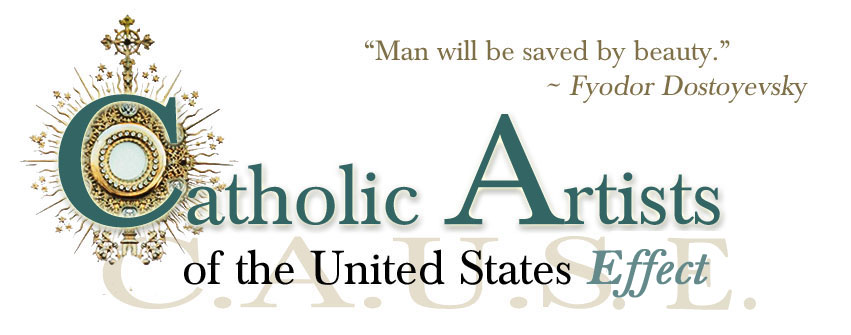Netflix has reintroduced me to Spooks. (Yes, I know that Netflix and imdb follow the American naming and list it as MI-5, but that title only gives you the setting. Spooks tells you that the show is about the people, and about what it’s like to live as a ghost.)
We had lost touch, Spooks and I, early in 2005, when I moved and spent some months without access to BBC America. In some ways, the break-up was a relief: pitch-dark and ambiguous at best, the show not infrequently left one with the urge to take a brisk walk just to be reminded that there was still sunshine in the world.
But there were scenes that haunted me. The climactic sequence in the Series Three opener, “Project Friendly Fire,” is a screenwriting master class. I knew it was brilliant ten years ago. After two more viewings, I’ve grasped how badly I undersold it. A show that could do that pretty much demanded another look, and as I’ve gone back, I’m beginning to think that the almost-unrelenting darkness is a feature, not a bug.
Spooks took a lot of flack in my circles for its 2002 debut episode, which saw our central team hunting down a pro-life extremist who was murdering abortionists. While I thought the script actually made a genuine effort at balance, I did question its right-out-of-the gate placement. It seemed like they were going just for shock value.
I’m cautiously revising that assessment. The episode’s central line (which I did recognize at the time) is something that our protagonist, MI-5 officer Tom Quinn, says during the interrogation: “Killing in the name of life is just about the stupidest thing I’ve ever heard of.” Yep. And I’m now wondering if, just maybe, that episode was placed first because of that line. And if they meant that line to speak for the series as a whole: Once you decide that the ends justify the means, you will, eventually, become what you are fighting.
Am I giving them too much credit? Possibly. I haven’t made it through all ten seasons. (Yes, I am aware of, and braced for, the carnage to come.) But flash forward just two and a half seasons, to “Love and Death.” Danny Hunter has been sent to try to persuade a rogue scientist to stop his research, which is aimed at creating a weaponized version of the plague. But while Danny tracks him aboard a ferry, MI-5 discovers that the scientist is not, as they thought, just beginning his research. He’s already taken payment from North Korea, and he is headed there now to give them his process and start production. Tom’s successor, Adam Carter, calls Danny and tells him that his mission has changed: the scientist now represents a clear and present danger, and Downing Street has authorized extraordinary measures. And it has to happen now, while the ferry is still in international waters.
So what does Danny do? He throws Tom’s line back at Adam.
Adam counters that that’s not the situation they’re talking about, but Danny is unconvinced. A long sequence of argument and counter-argument ensues, coming, in the end, to Danny trying to grasp the magnitude of what he’s being ordered to do. And then we get the speech. The speech that begins, “Danny, where were you on the 4th of October, 1995, at 8 p.m.?” The speech in which Adam softly, levelly, and step-by-step walks Danny through how you kill someone, and then through what happens after you become a man who has killed someone. (Dear Mr. Penry-Jones: Couldn’t you have let me love Adam less after that speech? Do you know how much it hurts to love him more? Also, will you please be in my movie?)
Spooks gives us a world where grace comes in the form of pain. It is a world of lost souls in which the people we love are the ones who know, on some level, that they are lost. In this season of Advent, I’m reminded that knowing we are lost is the first step in letting ourselves be found.
Meanwhile, I’ll be out taking a walk.
